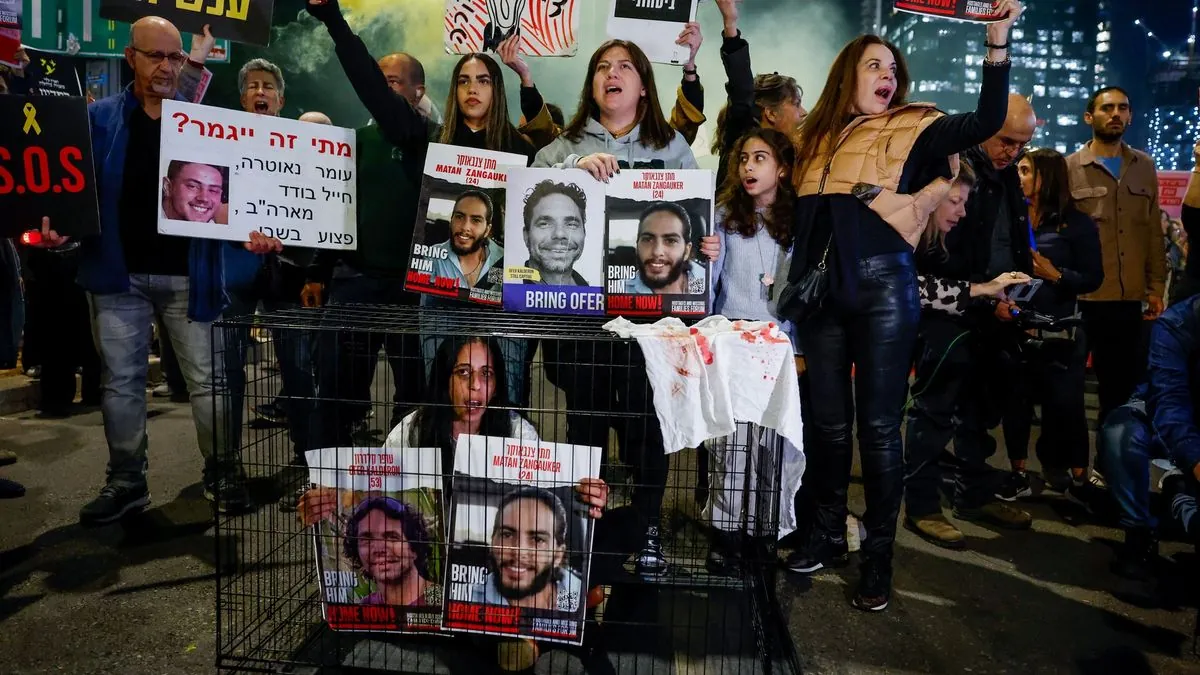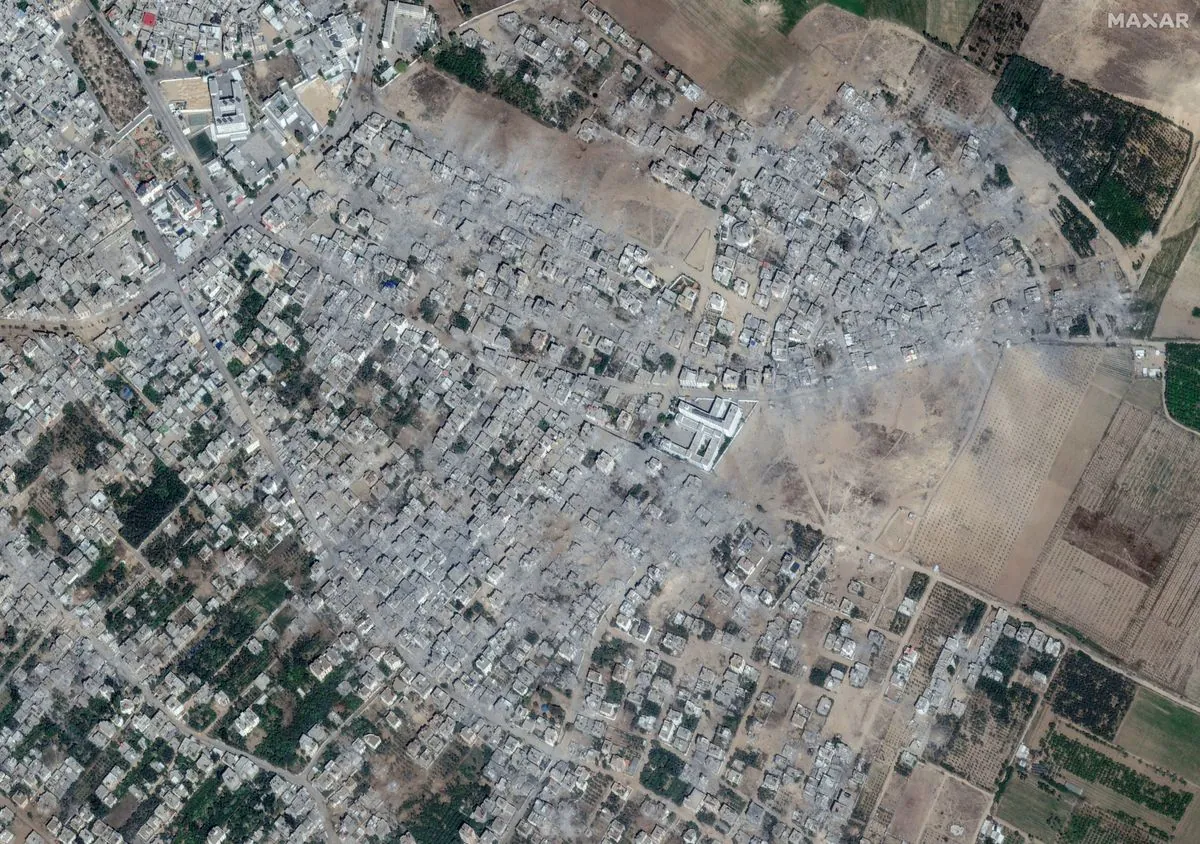US Urged to Prioritize American Hostages in Gaza Crisis
As the Gaza hostage crisis approaches its one-year mark, a new strategy is proposed: focus on releasing American captives. This move could pressure Netanyahu and potentially lead to a broader resolution.

Nearly a year has passed since the events of October 7, 2023, and 101 hostages, including four American citizens, remain captive in the Gaza Strip. Current efforts to secure their release have proven ineffective, prompting a call for a new approach.
Hamas, founded in 1987 during the First Intifada, bears responsibility for the hostages' ongoing ordeal. The group's leader in Gaza, Yahya Sinwar, who assumed his position in 2017, appears unmoved by military pressure. Conversely, Israeli Prime Minister Benjamin Netanyahu, the country's longest-serving leader, has the means to facilitate their release but has consistently chosen not to do so.
A proposal for a hostage exchange has been on the table since December 2023. However, Netanyahu's actions suggest a lack of genuine interest in reaching a deal. His introduction of new demands and authorization of provocative military actions have repeatedly derailed negotiations.

The Gaza Strip, one of the world's most densely populated areas, has been under an Israeli-Egyptian blockade since 2007. The ongoing conflict has led to significant loss of life and international calls for a ceasefire, including from the United Nations.
Given the current impasse, a new strategy is proposed: President Biden should prioritize the release of the four American hostages. This approach could potentially break the deadlock and pave the way for a broader agreement.
While this strategy may face challenges, including the US designation of Hamas as a Foreign Terrorist Organization in 1997, existing communication channels through Qatar and Egypt could facilitate indirect negotiations.
A successful deal for the American hostages could increase pressure on Netanyahu, highlighting the contrast between US and Israeli efforts to secure the hostages' release. It would also reassert that American interests cannot be subordinated to those of a foreign power, even a close ally like Israel.
The timing of such an initiative is crucial, with the US presidential election approaching in November 2024. The administration could either make a case for its responsibility to protect US citizens or wait until the post-election lame-duck period.
Ultimately, this approach aims to not only secure the release of four individuals who have endured nearly a year in captivity but also to potentially catalyze a broader resolution to the hostage crisis.


































